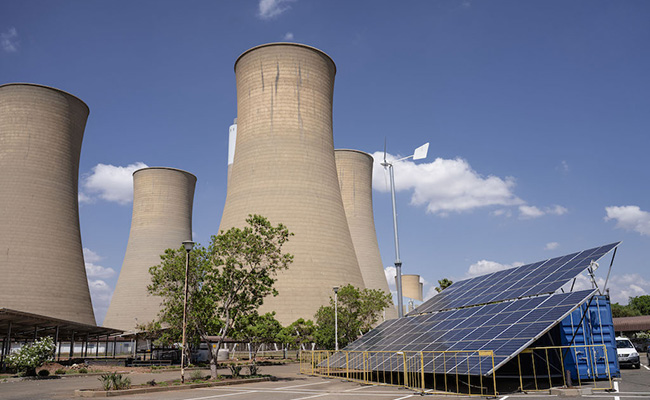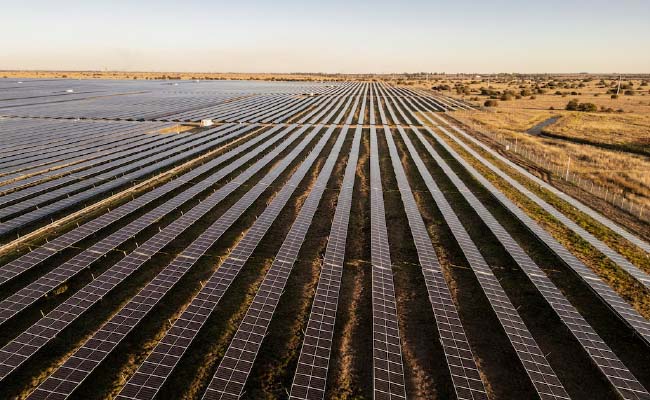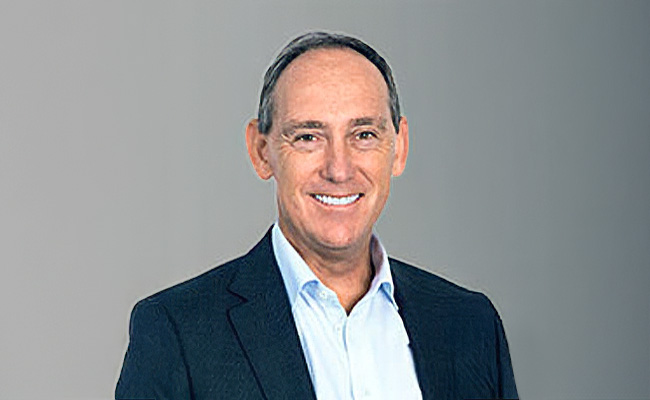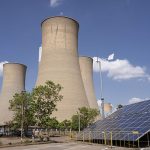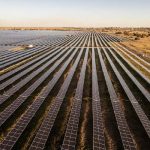With COP30 in Belém, Brazil, in its second week, the conference’s outcomes will influence South Africa’s ability to decommission coal, expand renewable capacity and address socioeconomic impacts on vulnerable communities. However, by advocating strategically and championing the country’s unique needs, it is clear policy outcomes are needed to help South Africa make strides towards its net-zero ambitions, setting a precedent for climate justice that resonates globally.
Securing equitable, sufficient financing following the intense negotiations around climate finance coming out of COP29 – especially regarding the funding needs of developing and emerging markets such as South Africa – is essential for South Africa’s net-zero transition.
But while Africa – and South Africa as the largest carbon emitter on the continent – certainly needs to see some real and ambitious numbers coming out of COP30, policy certainty is critical to convert funding into growth for SA Inc. Global financing to support South Africa’s just transition needs policy certainty to aid in identifying bankable projects for South African corporates to convert funding into an economically viable investment.
To phase out coal and scale up renewable energy, South Africa requires substantial investment in green infrastructure, energy storage and technology transfer. At COP26, South Africa secured an initial $8.5bn Just Energy Transition Partnership (JETP) deal, but further financing is needed to scale up these initiatives. COP29 was a pivotal moment to deepen these commitments, targeting new financial deals that prioritise concessional funding, lower interest loans and grants over loans, which can minimise the country’s debt burden.
Unlike what we have seen with the International Monetary Fund and World Bank, this global concessionary finance would be encouraging for both lender and borrower if it leads to achieving specific projects that resulted in specific outcomes within the broader ecosystem that benefit local companies.
If Sasol is going to produce green hydrogen or if Toyota is going to produce electric vehicles (EVs), whatever the outcome of the financing negotiations for emerging markets and the numbers that are agreed on, there must be a pragmatic policy to enable development of our economy through this kind of activity.
A $100bn hole
South Africa’s new minister of forestry, fisheries and the environment has a critical role to play in ensuring that any funding allocated to South Africa has a meaningful impact. The minister needs to provide clear signals around a just transition roadmap that shows how the various green finance levers are going to play out. This includes clear application of carbon tax, environmental licences and all those factors that enable a rigorous approach to deploying capital for relevant projects. In the context of COP29, the minister needs to push for urgency. The government of national unity (GNU) needs this, and SA Inc needs this.
However, to make this viable, the funding will take more than a token $8bn, which is not going to stimulate an entire industry to grow. Africa needs at least $100bn, but South Africa alone needs around the same figure. We see the need for significant sums on the table, with clear legal and enforceable terms, in a centralised pot run by a well-regarded state-owned enterprise such as the Development Bank of Southern Africa, to be an enabler of finance, and to ensure those projects that are rising are well incubated.
To phase out coal and scale up renewable energy, South Africa requires substantial investment in green infrastructure, energy storage and technology transfer.
We can line up a whole host of funding that is adequate at a reasonable rate, as well as the stimulus that the GNU wants to have in the form of green stimulus. This is in EVs, green hydrogens, infrastructure and water. These are the things that really matter, and that is where the funding must be laid out and then matched in a clearing house, either via a mega- or medium-sized project for each company and linked to achieving that funding for that particular outcome. This would be the most effective way for this funding to work.
South Africa has set ambitious goals to reach net-zero emissions by 2050, but these goals come with a significant price tag. To phase out coal and scale up renewable energy, the nation requires substantial investment in green infrastructure, energy storage and technology transfer.
Robert Lewenson is head of responsible investment at Old Mutual Investment Group.
Sign up to Currency’s weekly newsletters to receive your own bulletin of weekday news and weekend treats. Register here.




